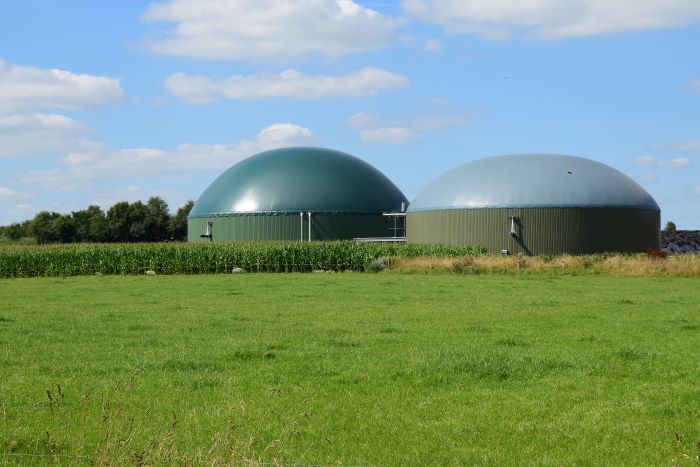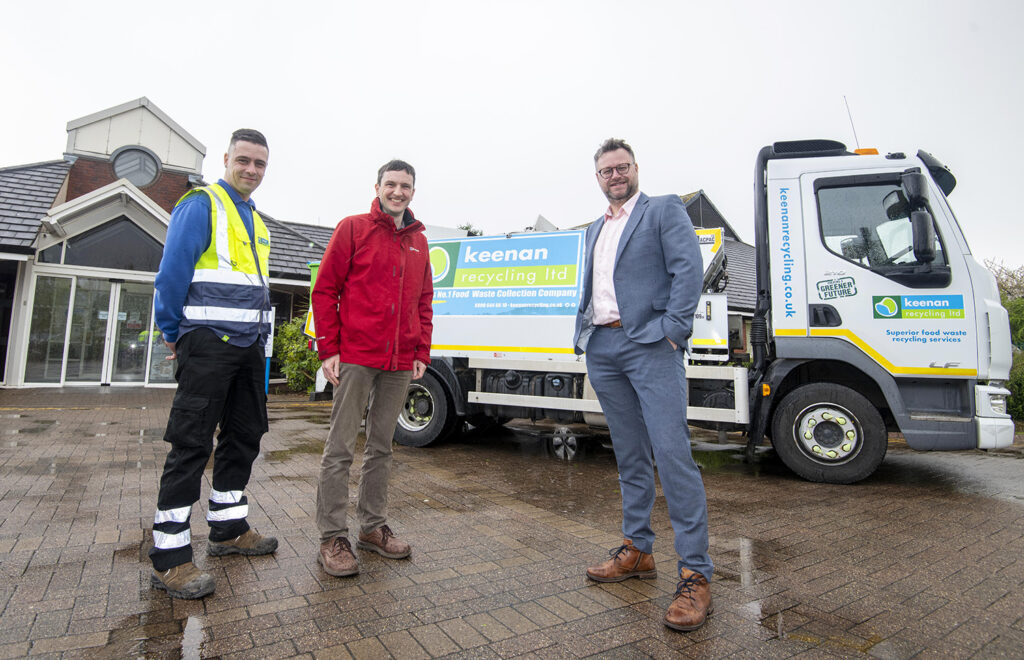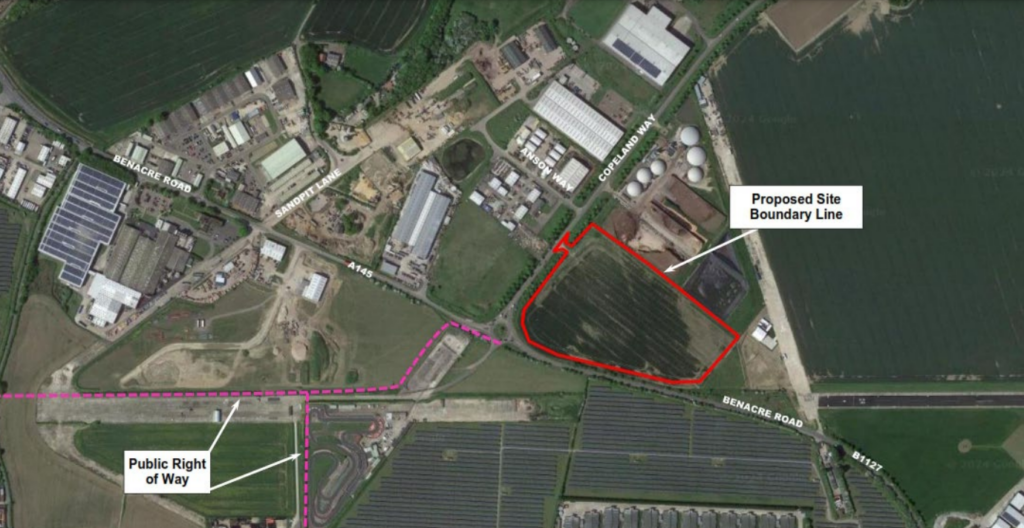And, with predictions that high gas prices are here to stay in the coming years, there is now an opportunity for plant operators and investors to capitalise.
The benefits and challenges to deployment of AD infrastructure were discussed by a panel of industry experts at the Anaerobic Digestion and Bioresources Association (ADBA) conference last week (8 December).
Government approach was cited repeatedly as one of the obstacles in unlocking investment opportunities to scale the infrastructure. Alan Whitehead MP, shadow minister for green new deal and energy, said AD infrastructure is often held back by “arbitrary delays” to permitting and planning, and called for an easier process to get AD plants approved.
Perception
Later in the discussion, Russel Smyth from Financing Biomethane said AD plant operators “previously didn’t get much attention as AD had a reputation of being an expensive way to generate energy”.
Mr Smyth added: “While still niche, it has undergone a transition in the past year due to the soaring prices of both fuel and energy as a result of the Ukraine crisis.”
As traditional electricity prices soar in value, the benefits of AD are now economical as well as environmental, he added. In recognition of this, the sector is predicted to grow by the International Energy Agency to over 1800 plants by 2030.
Other countries
When discussing issues with AD infrastructure within the UK, the panellists referenced other countries as examples of solutions, with feedstock a particular issue.
Mr Smyth urged attendees to move beyond food waste in the long-term scale as this is not as reliable as other sources, with overall tonnages declining.

He said Denmark also uses slurry and agricultural waste as feedstocks. “Feedstock is the building block of everything,” he explained, adding that its reliable supply is crucial to the AD process. This would also help get a plant approved and financed.
In terms of legislation, he mentioned the ‘renewable heat obligation’ set to commence in the Republic of Ireland by 2024, which requires that proportion of the energy supplied to the Irish heat sector is from renewable sources. This is expected to help the growth of the local AD sector.
“We have to look outside of ourselves as a country, otherwise we will never change the sector,” agreed Helena Anderson, founder and COO of IKIGAI Capital.
She also emphasised the importance of capturing every co-product possible to make AD more attractive to investors. Ms Anderson explained that one of the waste products from biomethane process is CO2, used in food and beverage industry. This potential is especially significant in the context of recent issues with shortage of CO2 and its price soaring as a result, Ms Anderson concluded.












Subscribe for free